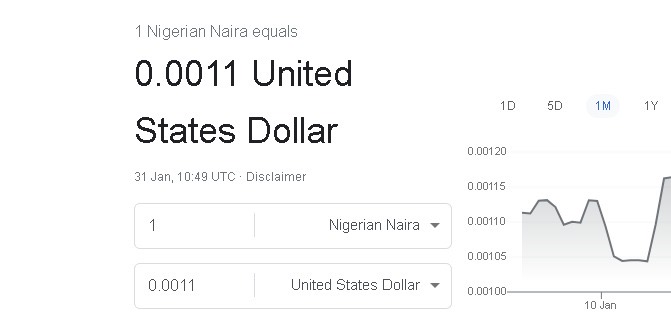Côte d’Ivoire, renowned as the global leader in cocoa and cashew production, is currently undergoing a noteworthy period of sustained economic growth in Sub-Saharan Africa, with an anticipated average real GDP growth rate of 6.5% in 2024–25. The ongoing commitment to invest in network infrastructure, specifically in the digital and transport sectors, along with the exploration of recent oil findings and the implementation of prudent macroeconomic policies, is poised to instill confidence in businesses and enhance overall productivity. Additionally, initiatives focused on developing value chains have the potential to elevate agricultural productivity and bolster manufacturing, thereby providing a solid foundation for the country’s long-term growth prospects.
Small and medium-sized enterprises (SMEs) are the backbone of Côte d’Ivoire’s economy, contributing significantly to employment, innovation, and economic diversification. The government recognises the importance of SMEs and has implemented policies to support their growth. Several factors highlight the usefulness of SMEs in driving economic development:
Côte d’Ivoire achieved an impressive average GDP growth rate of 8.2% from 2012 to 2019, driven significantly by its 50,000 small and medium-sized enterprises (SMEs), which constitute 40% of trade. However, the informal SME sector, estimated at around 150,000, plays an even more substantial role, contributing 89% to national employment. Despite their vital role in industrialization and income distribution, SMEs, whether formal or informal, often face exclusion from key economic debates, hindering progress.
The Ivorian government, under the leadership of President Alassane Ouattara, has implemented sound fiscal policies aimed at fostering economic stability and attracting foreign investment. A commitment to fiscal discipline, prudent management of public finances, and initiatives to reduce corruption have contributed to a positive business environment. The government’s focus on infrastructure development, including roads, ports, and energy, has improved connectivity and facilitated trade, further supporting economic growth.
Côte d’Ivoire is forecast to maintain its status as a regional outperformer in 2024, ranking among Sub-Saharan Africa’s fastest-growing economies. The country is expected to outpace the overall SSA growth projected at 3.6% in 2024. This stellar performance is attributed to political stability, significant public investment in development projects, and the rapid expansion of the services sector.


